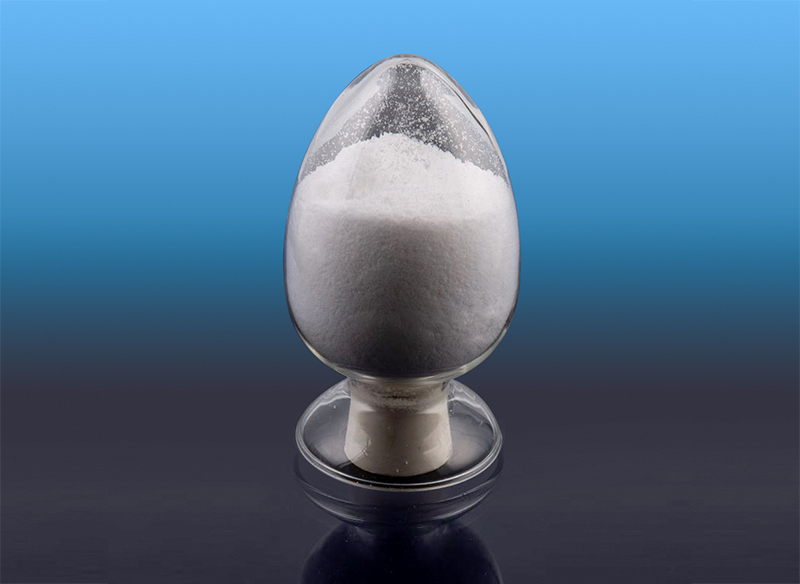What impact does hydrogenation have on the adhesive properties of styrene-isoprene block copolymers?
Hydrogenation significantly impacts the adhesive properties of styrene-isoprene block copolymers (SIS), especially in terms of improved performance, durability, and resistance to environmental factors. Hydrogenation affects the chemical structure and molecular interactions of the copolymer, which, in turn, influences its ability to function effectively as an adhesive. Here’s a detailed breakdown of how hydrogenation affects the adhesive properties of SIS:
1. Improved Environmental Resistance:
Unhydrogenated SIS can be vulnerable to oxidative degradation and UV radiation, which can weaken the adhesive bond over time. This leads to a decrease in the adhesive’s performance and durability, particularly in outdoor or high-heat applications.
Hydrogenation of the isoprene blocks reduces the number of unsaturated double bonds, making the polymer more resistant to oxidation, ozone, and UV degradation. This enhanced environmental stability allows hydrogenated styrene-isoprene block copolymers (H-SIS) to maintain their adhesive strength and long-term bonding ability under harsher conditions.
2. Increased Thermal Stability:
Thermal stability is crucial for adhesive applications, particularly in high-temperature environments. Unhydrogenated SIS can lose its adhesive properties at elevated temperatures due to the breakdown of its unsaturated isoprene segments.
Hydrogenation stabilizes the isoprene segment, improving its heat resistance. This allows H-SIS to perform better in high-temperature applications, such as hot-melt adhesives for packaging, automotive adhesives, and other high-performance bonding applications.

3. Enhanced Cohesion and Tackiness:
The hydrogenation process generally increases the cohesive strength of the copolymer, which is important for tacky adhesive formulations. The rubber-like elasticity of the isoprene block in SIS provides good wetting and bonding properties to surfaces, but hydrogenation increases the tackiness and adhesive strength, ensuring stronger bonds, particularly with challenging substrates.
The increased saturation after hydrogenation helps the material adhere better to a wider range of substrates by providing a stronger, more uniform bonding surface.
4. Improved Resistance to Plasticization:
Plasticizers are often used in adhesive formulations to increase flexibility, but they can sometimes leach out or evaporate over time, weakening the adhesive bond.
Hydrogenated SIS resists plasticization better than its unhydrogenated counterpart because of the saturation of the isoprene blocks. This reduces the risk of plasticizer migration and improves the long-term performance of the adhesive, especially in applications requiring low volatility and stable bonding over time.
5. Better Compatibility with Other Polymers:
Hydrogenated styrene-isoprene block copolymers exhibit better compatibility with other materials in adhesive formulations, such as resins, plastics, and fillers. The improved chemical stability of H-SIS allows for better blending with other polymers, resulting in a more robust adhesive that can handle multi-material bonding tasks.
6. Increased Bond Durability:
Adhesives made from hydrogenated styrene-isoprene block copolymers tend to have a longer lifespan because the polymer structure is more resistant to environmental aging, oxidation, and mechanical wear. This durability is particularly beneficial for products exposed to dynamic loading, flexing, and weathering, such as automotive seals, construction adhesives, and electronic bonding.
7. Enhanced Low-Temperature Performance:
Unhydrogenated SIS may become brittle at lower temperatures due to the unsaturated nature of the isoprene blocks. This can reduce the adhesive’s performance in cold environments.
The hydrogenated version retains better flexibility and low-temperature performance, making it more effective for applications in cold climates, such as refrigeration seals, construction tapes, or cold weather packaging.
8. Increased Strength of Pressure-Sensitive Adhesives (PSA):
Pressure-sensitive adhesives (PSAs) made from hydrogenated styrene-isoprene block copolymers offer stronger adhesion to surfaces without requiring heat or additional curing. The saturation of isoprene improves the adhesion to a variety of surfaces, including metal, glass, plastic, and paper, making it ideal for applications such as tapes, labels, and medical patches.
The stabilized nature of the hydrogenated copolymer ensures consistent tack and bonding strength over time, even when subjected to environmental stressors like humidity or temperature fluctuations.





